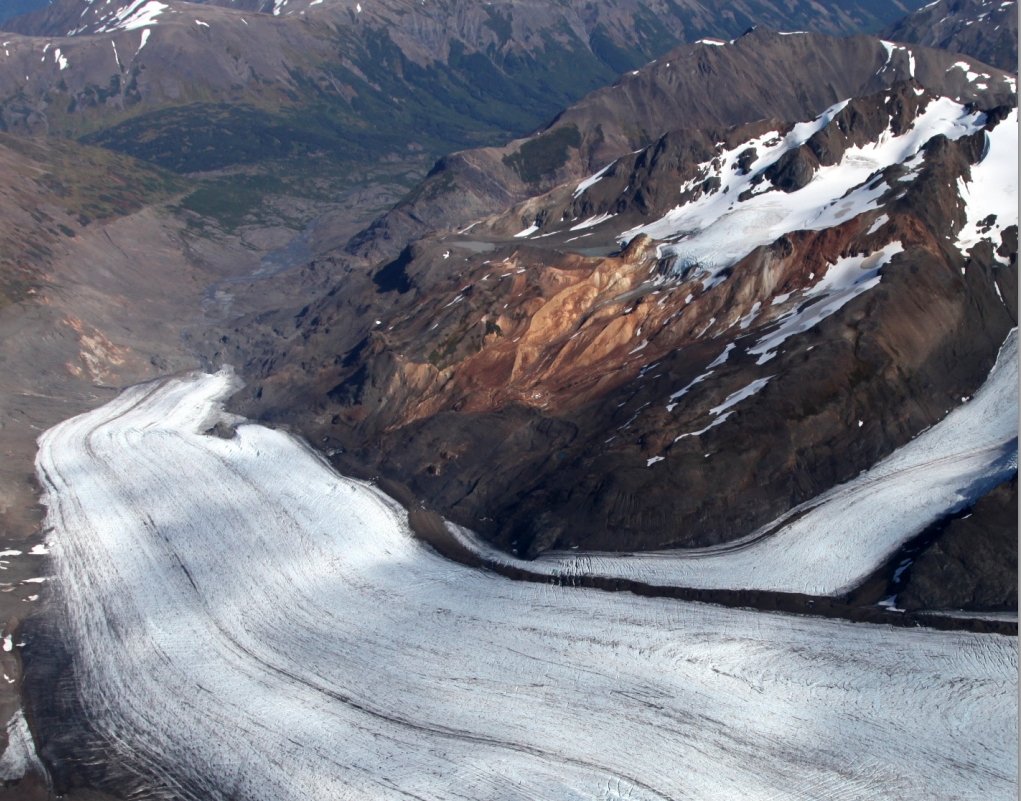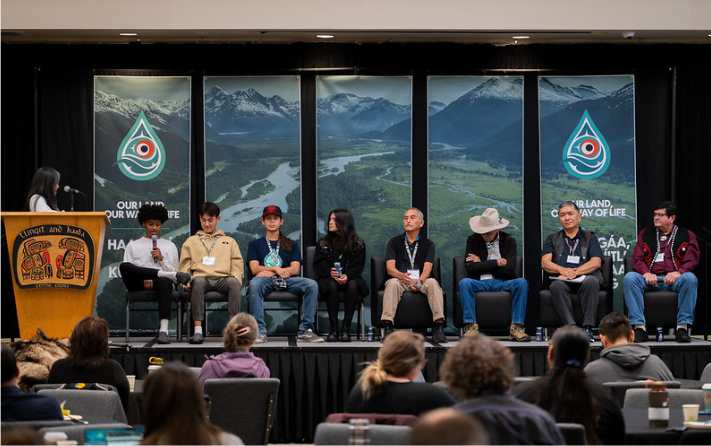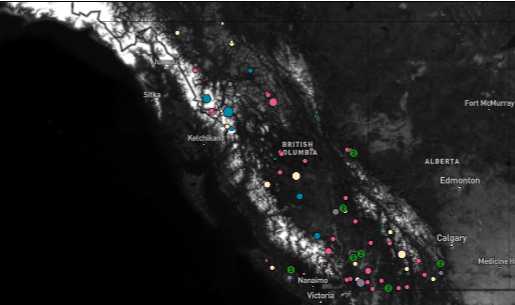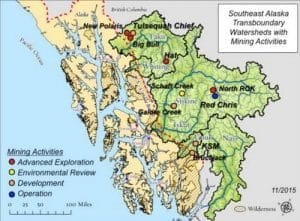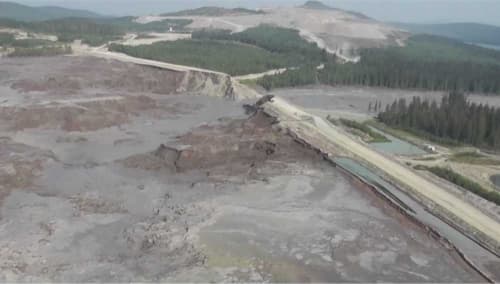(Juneau, Alaska)—News broke Thursday that Brazil’s mining agency plans to ban upstream tailings dams used for storing mining waste, after Vale SA Corrego do Feijao mine’s dam burst on January 25, 2019. More than 150 people were killed in this disaster, and hundreds more are still missing, and presumed dead. This catastrophic mine failure comes just three years after a dam at Brazil’s Samarco mine breached (killing 19 people), and less than five years after Imperial Metals’ Mount Polley mine waste dam burst in British Columbia (B.C.), sending 6.6 billion gallons (24 million cubic litres) of toxic slurry into the Fraser River watershed, which drains into the Salish Sea.
[content id=”79272″]
Mining giant Rio Tinto has said a global mining industry-wide response is warranted. A key question before the world’s mining industry and governments is how to respond to this latest tailings dam disaster, and ensure that human and environmental safety are prioritized before a mining company’s profit. In B.C., mining companies have failed to fully implement recommendations from the Mount Polley Report and the B.C. government has yet to enforce them — which means that a future tailings dam failure is likely, if not inevitable.
British Columbia Premier John Horgan travels to Washington state today and tomorrow to meet with Washington Governor Jay Inslee and local business leaders, as well as to address the Washington legislature. As Governor Inslee and Premier Horgan discuss ways to mitigate the effects of climate change, support the cleantech industry, and work to save wild salmon and orcas, U.S. concerns regarding B.C.’s industrial developments in some of Cascadia’s largest salmon-producing rivers and economic powerhouses must also be part of the executive conversations.
Jill Weitz, Salmon Beyond Borders campaign director, had this to say about the two leaders sitting down this week, “These elected leaders have committed to sustainable development, yet B.C. continues to invest heavily in the exploration and permitting of gold and copper mining projects–most of which include massive tailings dams in the headwaters of U.S.-Canada shared transboundary rivers like the Skagit and Stikine. Neither saving the chinook salmon of the North Pacific nor innovation in the cleantech industry can, or should, be achieved through the support of financially and environmentally risky mines near the region’s largest wild salmon-producing rivers.”
Sustainable development is an economic priority for the Pacific Northwest. The management of development in watersheds shared by multiple jurisdictions–including dozens of indigenous governments–requires close collaboration to establish a framework for evaluating downstream risks, cumulative impacts to shared water resources, and subsequent bonding requirements for mining companies. With financial assurances in place, mining companies will have an incentive to make safety a priority, and ensure that mining waste is at a minimum – a critical component for the cleantech future both governments want to leave as a legacy.
Rivers do not know borders. We call on Governor Inslee to join the Alaska congressional delegation and the Washington Senate delegation to work with the U.S. Department of State, Global Affairs Canada, and Premier Horgan to secure binding enforceable protections and assurances for industrial development in shared B.C.-U.S. watersheds.

